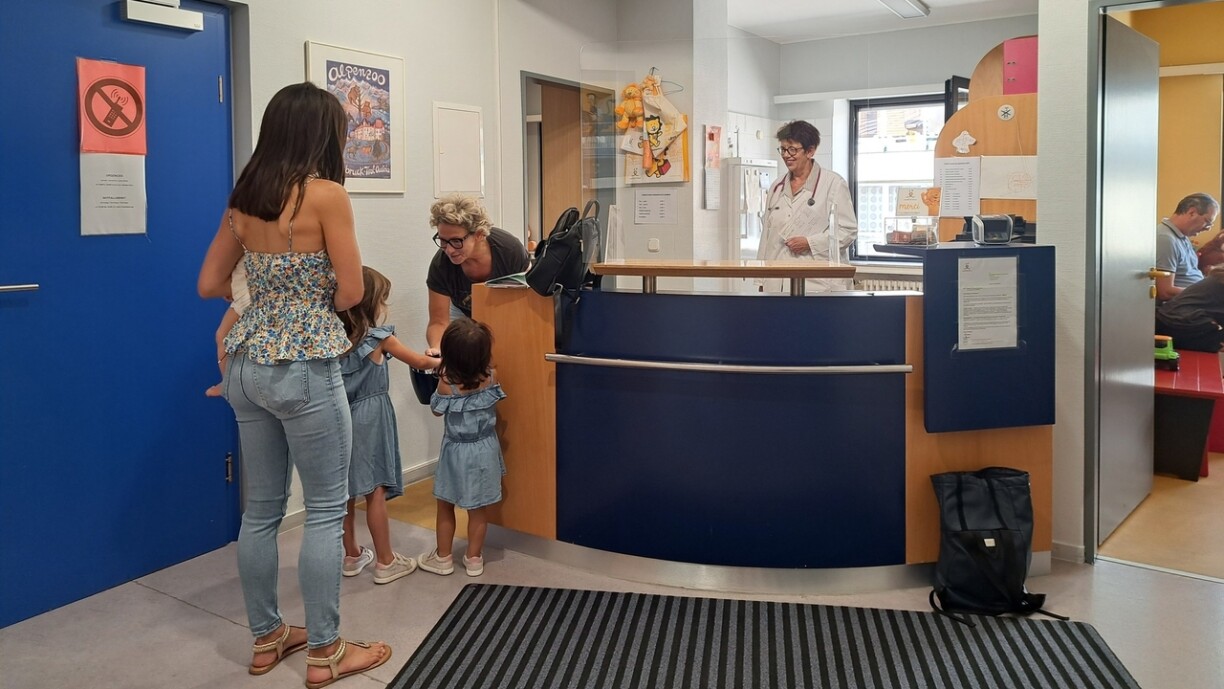
Regarding the next generation of doctors, a December 2021 opinion issued by the Chamber of Employees on medical professions highlighted a noteworthy statistic: 30% of Luxembourg’s medical students, upon completing their training abroad, opt not to return to the Grand Duchy.
Dr Theisen has practiced as a paediatrician for 60 years. Even at the end of summer, her waiting room is full. Dr Theisen has no immediate retirement plans, but this is not the case for many of her colleagues in Luxembourg, where half of all doctors are aged over 53.
Dr Theisen observes that attitudes towards medical practice have evolved significantly during her career. She recalls a time when she was available day and night, whereas today, home visits have become a rarity.
Ideally, for every two retiring doctors, three young professionals should be entering the field. Dr Simon Van Hauwermeiren, a general practitioner who pursued his studies in Belgium and now practices in Switzerland, offers insights into the dynamics at play.
He finds the experience gained abroad valuable, though he does not rule out a return to Luxembourg in the future. He acknowledges that many of his fellow students tend to stay in the country where they studied, citing various factors like forming relationships or securing work placements there. In addition, Dr Van Hauwermeiren notes that medical students often lack familiarity with the Luxembourgish healthcare system, having trained elsewhere.
One potential remedy under consideration by policymakers is offering medical training within Luxembourg.
Since 2020, the University of Luxembourg has offered a bachelor’s degree programme in general medicine, with the first 13 students successfully completing their studies this summer.
Plans for a master’s programme are in the works, but the question remains: is this the solution? Dr Van Hauwermeiren sees merit in this approach, albeit with reservations about the relatively lower internship compensation compared to Belgium during his training days.
However, he acknowledges that adjustments have been made since then. Nevertheless, young professionals are also grappling with housing concerns due to soaring property prices, which factors into their decisions about returning to Luxembourg or staying in the country where they studied.
Dr Theisen stresses the need for greater promotion of the medical profession as a whole and suggests that solely relying on university training within Luxembourg may not suffice. She believes that gaining international experience remains advantageous, and the Grand Duchy’s small size prevents it from offering all medical specialisations.
To address the shortage of doctors, several levers can be considered. Adjusting grade requirements to broaden access to medical education is one such option. Regardless, action is imperative to mitigate the impending doctor shortage in Luxembourg.